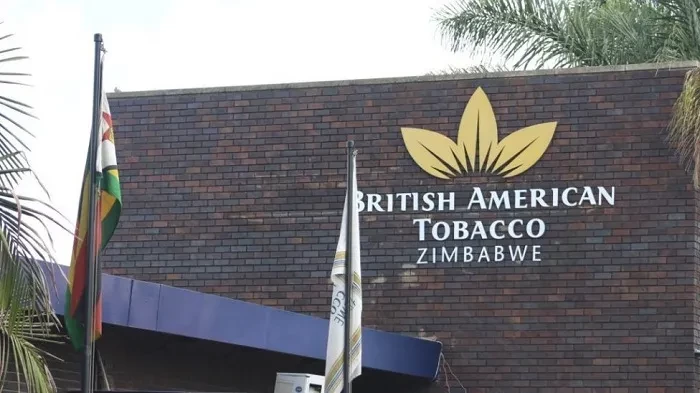
TOBACCO firm, British American Tobacco Zimbabwe (BAT) is looking at “simplifying” its business model, with the firm’s revenue experiencing a massive drop owing to inflation and currency volatility.
This comes as the firm widened its loss-making position to ZiG175,95 million in BATZ’s half year financial report for the period ended June 30, 2024.
In the 2023 comparative, BAT recorded a loss of ZiG38.41 million.
In its third quarter report for the period ended September 30, 2024, BAT said Zimbabwe’s operating environment continues to be complex and uncertain.
“Zimbabwe’s operating environment continues to be complex and uncertain, with macroeconomic turbulence fuelled by monetary instability and substantial exchange rate distortions adversely impacting business activity,” BAT said.
“Despite these challenges, BAT Zimbabwe is optimistic about the future and continues to review its business model to ensure long-term sustainability and value creation for its stakeholders.”
BAT added: “We remain committed to driving growth by simplifying our business model, expanding our consumer-centric brand portfolio, and maintaining strong stakeholder engagements.”
The firm noted that it was continuing a transformation journey anchored on its purpose to build ‘A Better Tomorrow’ by reducing the health impact of its business through offering a greater choice of enjoyable and less risky products.
- Chari sings for accident victims
- George W Bush accidentally condemns ‘unjustified and brutal invasion of Iraq’ in Ukraine speech gaffe
- Renault hands Russian assets to Moscow
- Chari takes notes from Senior Lecturer
Keep Reading
“As part of our (environmental, social and governance (ESG) agenda, we are working towards reducing the environmental footprint of our operations through responsible water use, recycling of waste and increasing our energy efficiency, while contributing to local socio-economic development,” BAT said.
For the nine months ended September 30, 2024, BAT sales volumes declined by 8% versus the same 2023 period due to inflation and currency challenges.
“Consequently, domestic cigarette revenue decreased by 37% compared to the same period prior year, driven by reduced consumer spending and disposable income,” BAT said.
“However, operating costs were reduced by 33% vs same period prior year driven by cost optimisation initiatives.”
In response to the economic challenges during the period, BAT implemented dual currency billing, offering flexibility to customers and ensuring business continuity.
“We also reviewed our route-to-consumer operations, creating a robust and future fit model that is responsive to evolving consumer and market trends,” BAT added.
On the same day of releasing its third quarter report, BAT also released its half year financial report for the period ended June 30, 2024.
In it, the firm revealed that the half year’s operating landscape was characterised by monetary instability and substantial exchange rate distortions.
“Despite these challenges, the business remains optimistic about the future and continues to review its business model to ensure long-term sustainability and value creation for its stakeholders,” BAT chairman Lovemore Manatsa said.
During the half year, revenue decreased by 38% to ZiG248,32 million, down from a 2023 comparative of ZiG400,19 million.
“The decrease in revenue was due to a decline in sales volume.
“This resulted in a gross profit decline of 41% compared to the same period in the prior year,” Manatsa said.
“Production costs decreased to ZiG 47 million from ZiG 60 million in the prior year, driven by cost optimisation initiatives.
“The company reduced its administrative expenses to ZiG 33 million from ZWG 42 million, a 20% decrease from the same period last year.”
Despite the poor performance, BAT was liquid as it had nearly ZiG2 to every ZiG of short-term debt heading into the third quarter.
However, this was against total assets shrinking to ZiG323,96 million as of June, from ZiG558,79 million recorded at the end of 2023.
“Although trading conditions are expected to remain challenging in 2024, the board of directors is confident that the company is in a good position to navigate through the challenging operating environment,” Manatsa added.











